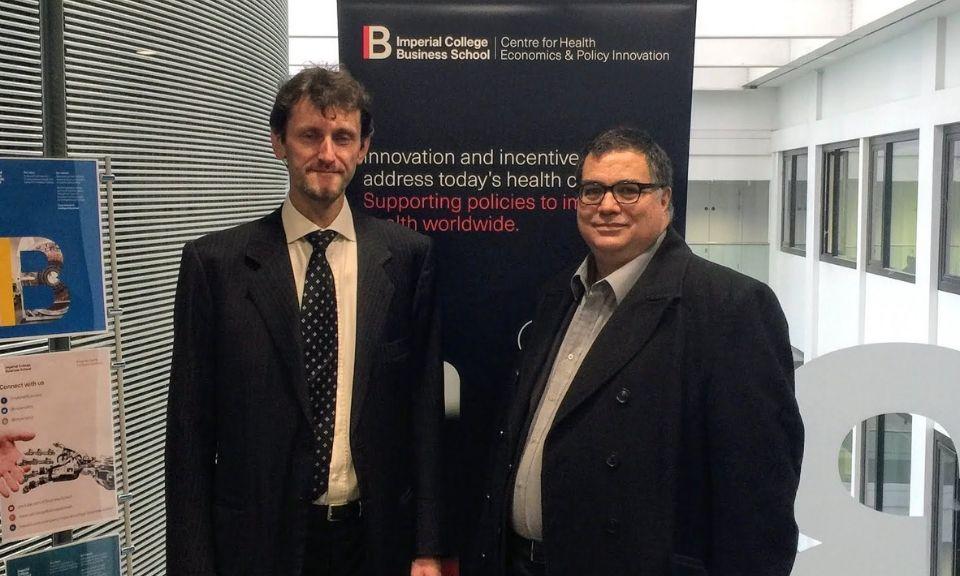
Published
Australia’s new National Disability Insurance Scheme – Its macro and micro economic benefits, and the barriers to the achievement of those benefits
David Cullen – Principal Economist, National Disability Insurance Agency
Abstract
A fundamental transformation is underway in how Australians with disabilities purchase, and are funded to purchase, the goods and services that they need to mitigate or alleviate the activity limitations and participation restrictions that arise as a result of their impairments. The historical system of budget-capped, program-based, primarily State/Territory government funded, managed and (often) delivered schemes will be replaced by a system of personally controlled budgets delivered through a national no-fault insurance based approach – the National Disability Insurance Scheme (NDIS).
As a result of the introduction of the NDIS, expenditure on disability services in Australia will double in real terms between 2016 and 2019. When fully rolled out in 2019-20, the Scheme will support about 460,000 people or about two per cent of the Australian population, and its annual expenditure will account for about one per cent of Australia’s GDP.
This seminar will provide an overview of the new National Disability Insurance Scheme and discuss the micro- and macro-economic barriers to the achievement of its goals, as well as the long term micro- and macro- economic benefits that should flow from its implementation.
The rapid expansion in expenditure on disability goods and services will have significant effects, in the short term, on the operation of the market for disability goods and services. At the macro-economic level, it will deliver a short term shock to the Australian economy which will significantly affect prices and wages within the disability sector. Over the longer term, the Scheme will drive economic growth through improved employment outcomes for people with disabilities.
At the micro-economic level, the introduction of the scheme should, in the long term, increase the efficiency of the disability services market as person-centred plans should more efficiently allocate resources in line individuals’ utility valuations. In the short to medium term, however, the transition to the new arrangements presents challenges for regulators, with clear information asymmetries and the first mover advantages of existing providers. The challenge for regulators is to balance the achievement of the long term benefits against the inefficiencies that can arise in the short term given that the new market is not forming ab ovo.
Biography
Dr David Cullen is currently the Principal Economist at the National Disability Insurance Agency. He was previously Chief Economist at the Australian Department of Health.
David is a graduate of the Australian National University in pure and applied mathematics and in philosophy. His PhD thesis was concerned with the Equivalence of Linear Systems and he has published in several academic fields including pure mathematics, higher education, philosophy, economics and public policy.
David has advised the Australian Government on social policy issues for the last two decades and was the principal author of the 2012 Living Longer Living Better Aged Care Reform Package – a 10 year program of micro-economic reforms to create a flexible and seamless system that provides older Australians with more choice, control and easier access to a full range of services.
David’s knowledge of Australia’s health and aged care system and expertise in public policy, health economics and data analysis has been recognised through a number of national and international awards and appointments. He was awarded Australia Day Achievement Medallions in 2011 and 2013 for his contributions to aged care reform in Australia. In 2016 he was elected President of the OCED’s Expert Group on the Economics of Prevention. David is currently an Honorary Professor at Imperial of Medicine, Biology and Environment at the Australian National University and an Adjunct Professor in Health Economics and Aged Care Policy at National Centre for Social and Economic Modelling at the University of Canberra.
